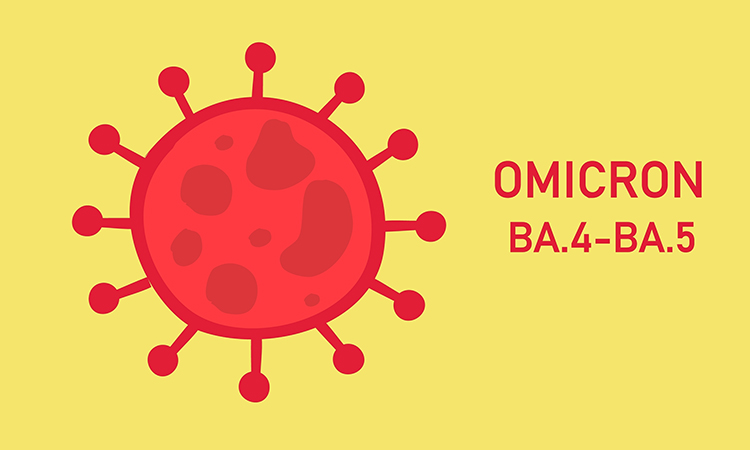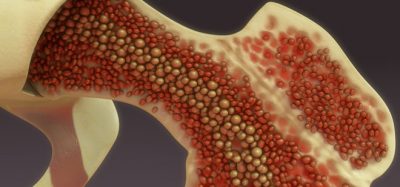Dominant Omicron subvariants better at evading vaccines and antibody treatments
Posted: 7 July 2022 | Ria Kakkad (Drug Target Review) | No comments yet
A new study has found that the latest Omicron subvariants are even better at avoiding vaccines and most antibody treatments than previous variants.


Researchers at Columbia University Vagelos College of Physicians and Surgeons, US, have found that the latest Omicron subvariants, including the BA.4 and BA.5 forms, are even better at eluding vaccines and most antibody treatments than previous variants. The study was recently published in Nature.
Subvariants BA.2.12.1, BA.4, and BA.5 are rapidly expanding worldwide. These subvariants are thought to be even more transmissible than prior Omicron subvariants, owing to several new mutations in spike proteins.
“The virus is continuing to evolve, as expected, and it is not surprising that these new, more transmissible subvariants are becoming more dominant around the world,” said Dr David Ho. “Understanding how currently available vaccines and antibody treatments stand up to the new subvariants is critical to developing strategies to prevent severe disease, hospitalisations, and deaths—if not infection.”
Biomarkers aren’t just supporting drug discovery – they’re driving it
FREE market report
From smarter trials to faster insights, this report unpacks the science, strategy and real-world impact behind the next generation of precision therapies.
What you’ll unlock:
- How biomarkers are guiding dose selection and early efficacy decisions in complex trials
- Why multi-omics, liquid biopsy and digital tools are redefining the discovery process
- What makes lab data regulatory-ready and why alignment matters from day one
Explore how biomarkers are shaping early drug development
Access the full report – it’s free!
In laboratory experiments, the team studied the ability of antibodies from individuals who received at least three doses of an mRNA vaccine or got two shots and were then infected with Omicron, to neutralise the new subvariants. Ho’s team did not look at individuals who had not received a booster shot, because a previous study found that two doses provide little protection against infection by earlier Omicron variants.
The study revealed that while BA.2.12.1 is only modestly more resistant than BA.2 in individuals who were vaccinated and boosted, BA.4/5 was at least four times more resistant than its predecessor.
In addition, the scientists tested the ability of 19 monoclonal antibody treatments to neutralise the variants and found that only one of the available antibody treatments remained highly effective against both BA.2.12.1 and BA.4/5.
Missed the news? Immune molecules from a llama could provide protection against COVID-19
READ MORE
“Our study suggests that as these highly transmissible subvariants continue to expand around the globe, they will lead to more breakthrough infections in people who are vaccinated and boosted with currently available mRNA vaccines,” Ho said. Though the current study suggests that the new variants may cause more infections in vaccinated individuals, the vaccines continue to provide good protection against severe disease.
“Efforts in the United States to develop new vaccine boosters aimed at BA.4/5 may improve protection against infection and severe disease,” Ho said. “In the current environment, though, we may need to look toward developing new vaccines and treatments that can anticipate ongoing evolution of the SARS-CoV-2 virus.”
Related topics
Antibodies, Therapeutics, Vaccine
Related conditions
Covid-19
Related organisations
Columbia University Vagelos College of Physicians and Surgeons
Related people
Dr David Ho








